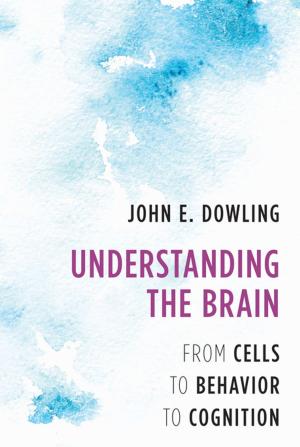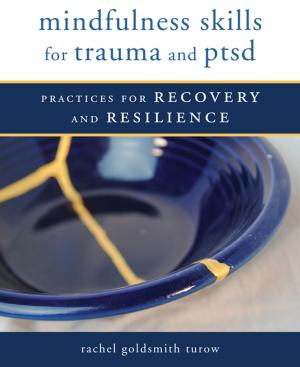Children Who Fail at School But Succeed at Life: Lessons from Lives Well-Lived
Nonfiction, Reference & Language, Education & Teaching, Educational Theory, Educational Psychology, Counseling & Guidance| Author: | Mark Katz | ISBN: | 9780393711424 |
| Publisher: | W. W. Norton & Company | Publication: | April 11, 2016 |
| Imprint: | W. W. Norton & Company | Language: | English |
| Author: | Mark Katz |
| ISBN: | 9780393711424 |
| Publisher: | W. W. Norton & Company |
| Publication: | April 11, 2016 |
| Imprint: | W. W. Norton & Company |
| Language: | English |
Understanding resiliency and student success by studying people who succumbed to risk but later triumphed.
A number of people who failed in school currently enjoy meaningful and successful lives. They include, though they are by no means limited to, those with attention and executive function challenges, learning disabilities, learning and behavioral challenges arising out of traumatic events in their lives, and even those impacted by all of the above.
Up until recently, little attention was paid to successful people who did poorly in school. Why? One reason might be that many of us doubted that it was actually possible. After all, many loving parents and caring teachers spent countless hours trying their hardest to help these failing children turn things around in school, sometimes with little or nothing to show for it. If these children continued to struggle and fail in school with all this help and support, it was understandable to assume that they would not succeed in the real world decades later without it.
So what did we miss? Why were we so wrong about them? And perhaps most importantly, how can their life experiences help educators and parents understand what schools can do better to support students who are struggling today? In his groundbreaking new book, Mark Katz draws on research findings in clinical and social psychology, cognitive neuroscience, education, and other fields of study—as well as stories of successful individuals who overcame years of school failure—to answer these and other questions. In the process, he shows how children who fail at school but succeed at life can give teachers and schools, counselors and health care professionals, parents and guardians—even those whose childhood struggles have persisted into their adult years—new remedies for combatting learning, behavioral, and emotional challenges; reducing juvenile crime, school dropout, and substance abuse; improving our health and well-being; and preventing medical problems later in life.
Understanding resiliency and student success by studying people who succumbed to risk but later triumphed.
A number of people who failed in school currently enjoy meaningful and successful lives. They include, though they are by no means limited to, those with attention and executive function challenges, learning disabilities, learning and behavioral challenges arising out of traumatic events in their lives, and even those impacted by all of the above.
Up until recently, little attention was paid to successful people who did poorly in school. Why? One reason might be that many of us doubted that it was actually possible. After all, many loving parents and caring teachers spent countless hours trying their hardest to help these failing children turn things around in school, sometimes with little or nothing to show for it. If these children continued to struggle and fail in school with all this help and support, it was understandable to assume that they would not succeed in the real world decades later without it.
So what did we miss? Why were we so wrong about them? And perhaps most importantly, how can their life experiences help educators and parents understand what schools can do better to support students who are struggling today? In his groundbreaking new book, Mark Katz draws on research findings in clinical and social psychology, cognitive neuroscience, education, and other fields of study—as well as stories of successful individuals who overcame years of school failure—to answer these and other questions. In the process, he shows how children who fail at school but succeed at life can give teachers and schools, counselors and health care professionals, parents and guardians—even those whose childhood struggles have persisted into their adult years—new remedies for combatting learning, behavioral, and emotional challenges; reducing juvenile crime, school dropout, and substance abuse; improving our health and well-being; and preventing medical problems later in life.















